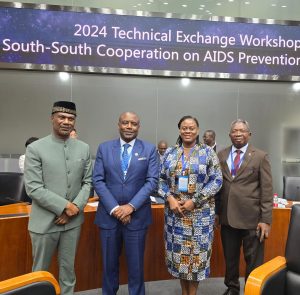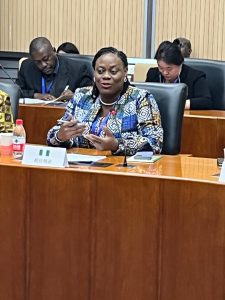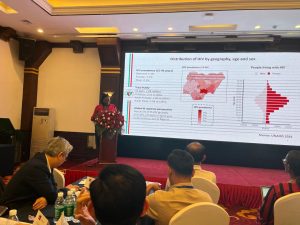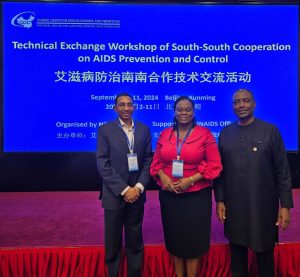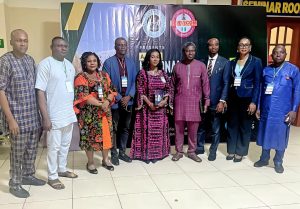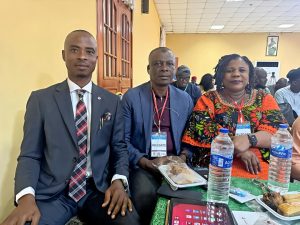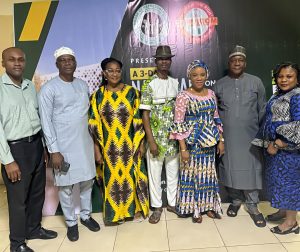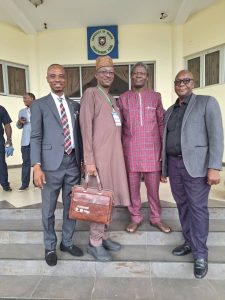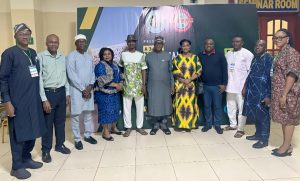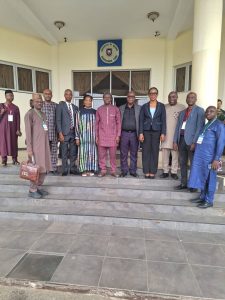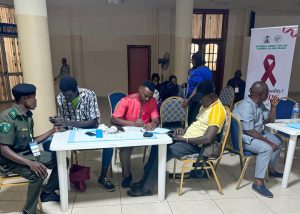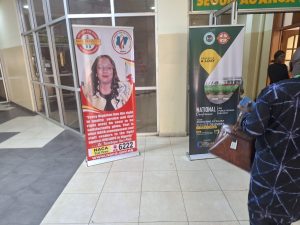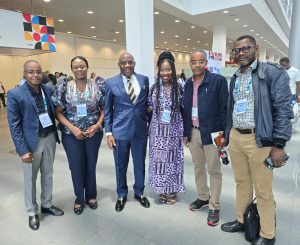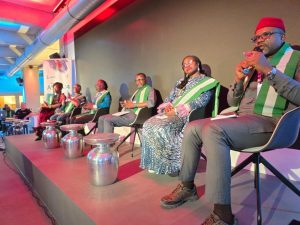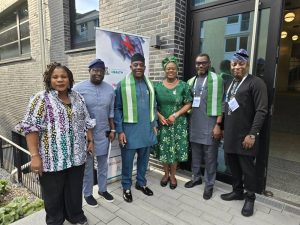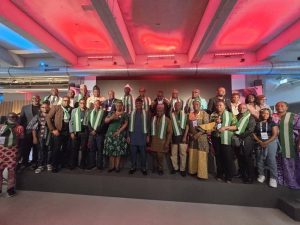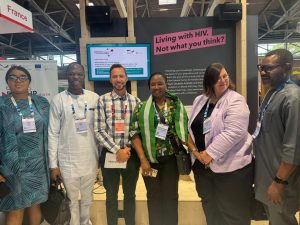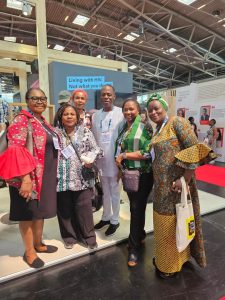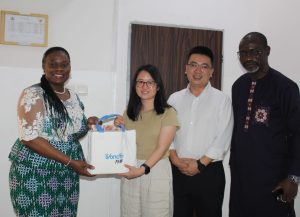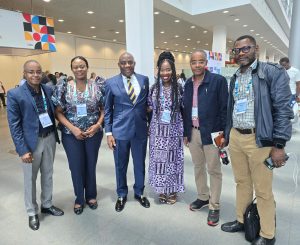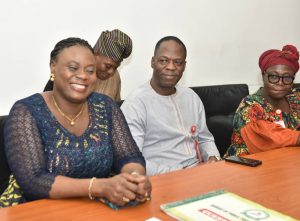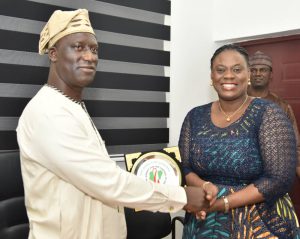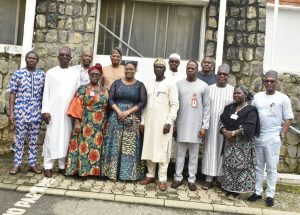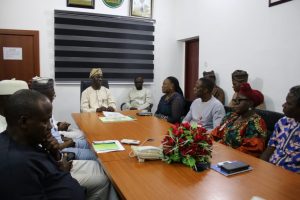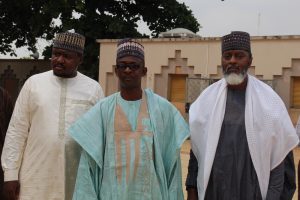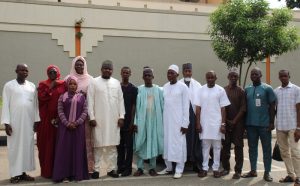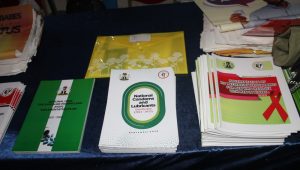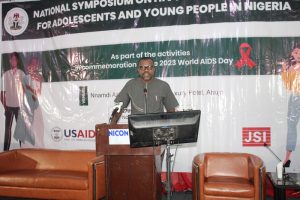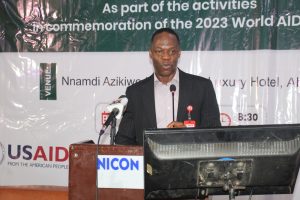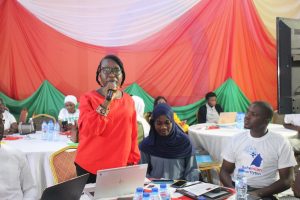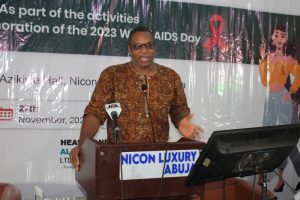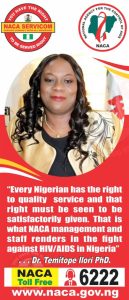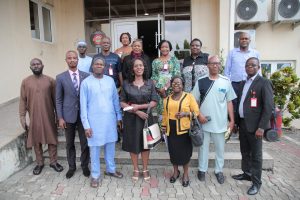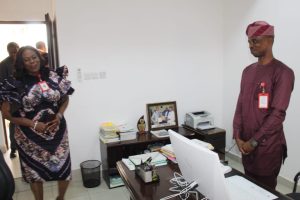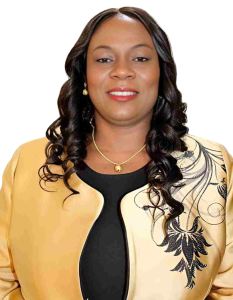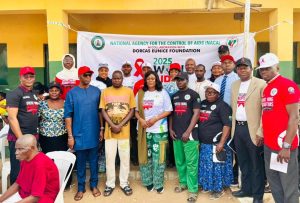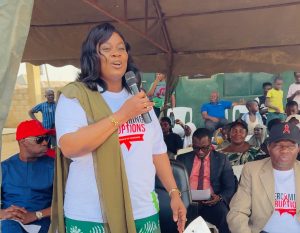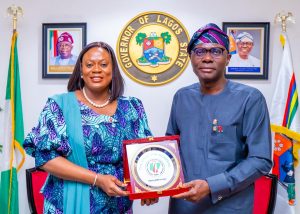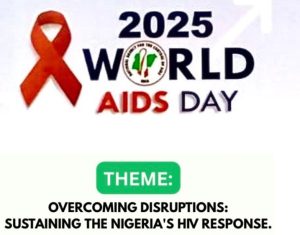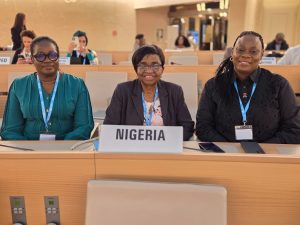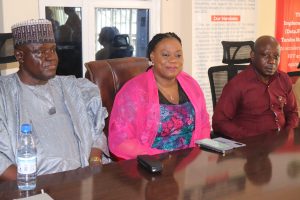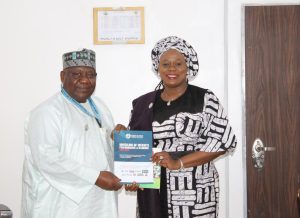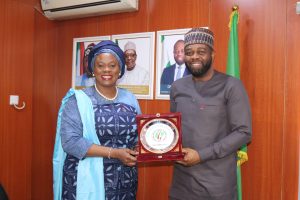home
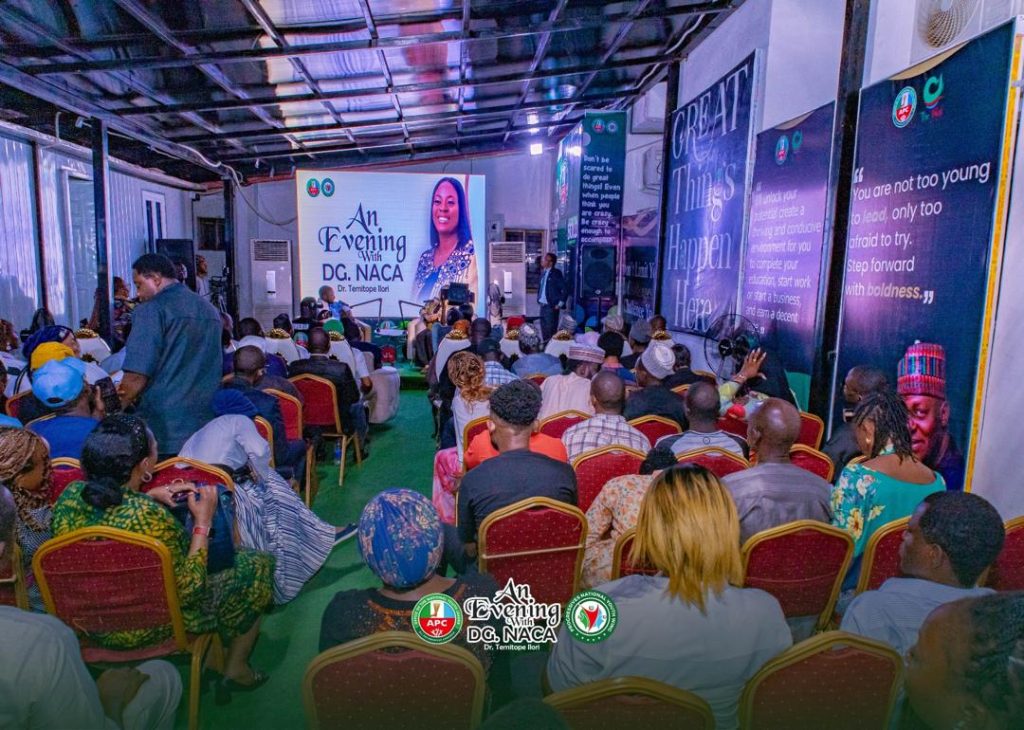
An Evening with DG, NACA
DrTemitope Ilori
Last night was an evening of vital conversation and empowerment at the Nest Resource Center, as the National Agency for the Control of AIDS (NACA) Director General, Dr. Temitope Ilori, met with young Nigerians.
The engaging session was organized by the All Progressives Congress (APC) National Youth Leader, Hon. Dr. Dayo Israel, demonstrating the party’s commitment to youth development and public health awareness.
Dr. Temitope delivered an insightful address, shedding light on the critical work NACA is doing across the nation. She emphasized the agency’s crucial roles in:
* Creating Awareness about HIV/AIDS.
* Promoting effective Prevention Methods.
* Ensuring access to Treatment and care.
A core focus of her discussion was the fundamental guide to prevention: t
NACA E-Learning
Empower yourself and elevate your impact in the national HIV response! The NACA E-Learning platform is your gateway to mastering essential skills and achieving your career goals. Equip yourself with the knowledge to excel in your vital role.
Start your learning journey today!

Advocacy For
Intervention
Prevention of mother-child transmission of HIV/AIDS is possible
HIV medicines reduce the amount of HIV in the body. Having less HIV in the body reduces a woman’s risk of passing HIV to her child during pregnancy and childbirth. Having less HIV in the body also protects the woman’s health.
Some of the HIV medicine passes from the pregnant woman to her unborn baby across the placenta (also called the afterbirth). This transfer of HIV medicine protects the baby from HIV infection

Latest News
“HIV does not make people dangerous to know, so you can shake their hands and give them a hug: Heaven knows they need it”.
Diana, Princess of Wales

Your One Stop Information HIV/AIDS related Disease
You can call our emergency toll free line
6222



